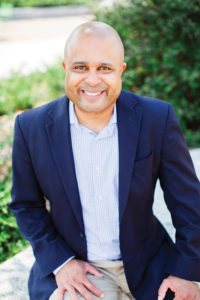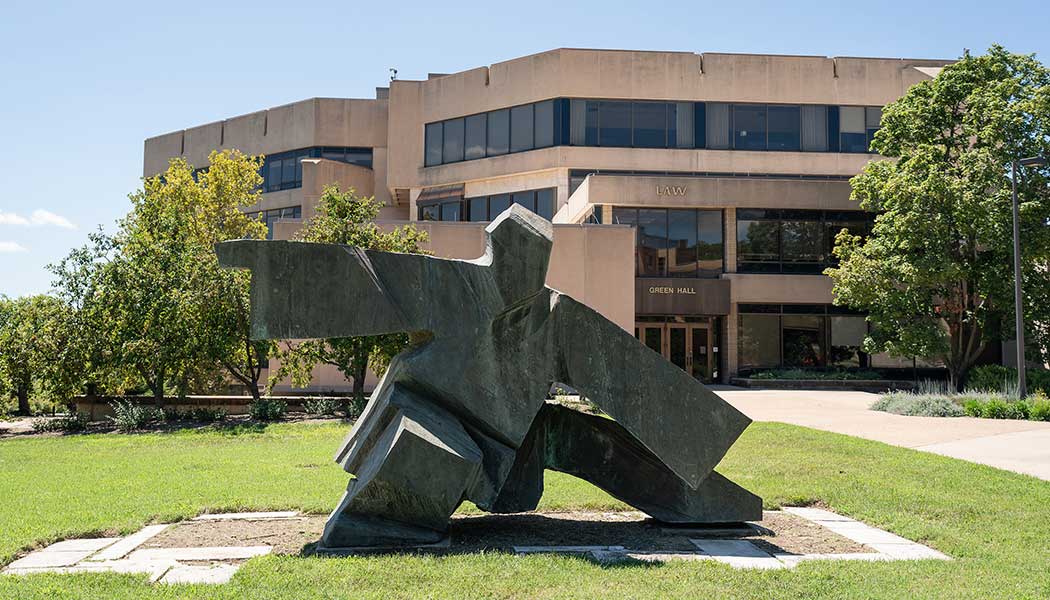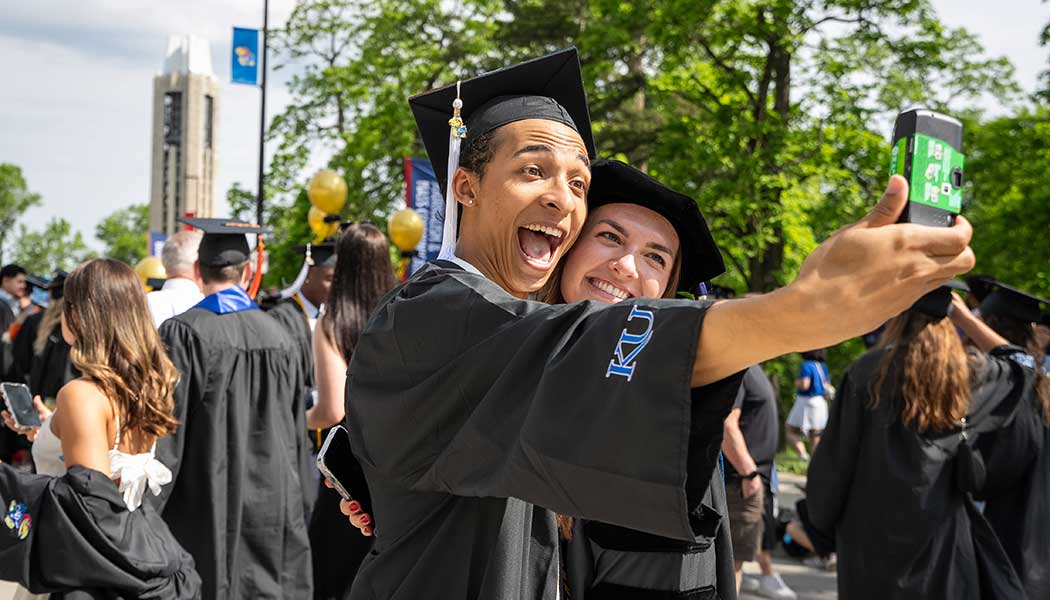Shutdown spurs program pivot
Literacy efforts gain added urgency amid pandemic closings
When he joined Read Charlotte in 2015 as the North Carolina nonprofit’s first executive director, Munro Richardson set a goal of doubling by 2025 the percentage of metro-area children who meet state reading standards by third grade.
Halfway into that decade-long effort, Richardson, c’93, has learned how tough the task is, even without the added stresses of early school closings necessitated by the global pandemic. Surprisingly, those recent developments have left him more confident than ever.
“North Carolina test scores haven’t improved over the last five years, so we definitely have work to do to reach our big, bold, audacious goal of 80% third-grade reading proficiency by 2025,” Richardson says. “But I’m actually more optimistic today than I was a year ago about our ability to get there, because of the work we’ve done over the previous five years and because of work that we’ve pivoted into since the COVID-19 school closures in March.”

“I don’t know if people realize how pivotal early literacy is,” says Read Charlotte director Munro Richardson. “It’s a big opportunity to give children a fair chance to be successful and do what they want with their lives.”
Since 2015 he and his staff have built partnerships with 120 civic and corporate partners—key for an organization that has no authority of its own.
“We don’t run programs; our job is really to coordinate, integrate and align the work that is happening across our community,” Richardson says of the Mecklenburg County initiative that unites families, educators and partners to improve literacy from birth to third grade. “We can’t make anybody do anything, and if all those groups did not believe that Read Charlotte was helping to improve the early literacy system and helping them do things they couldn’t accomplish on their own, they wouldn’t keep coming to the table.”
Much of organization’s work focuses on helping families support children’s literacy at home. Since 2015, Read Charlotte has distributed 104,000 children’s books, trained 3,600 adults in active-reading workshops and partnered with the YMCA of Greater Charlotte to start a summer literacy infusion program that helped 95% of participants avoid summer reading loss.
Helping stem the annual “summer slide” is even more pressing this year, Richardson notes.
“When North Carolina schools closed in mid-March, we immediately became concerned about the potential for reading loss. The reality is those closures affect different children differently.”
A June report by McKinsey and Co., a management consulting firm, estimates the average K-12 student will lose seven months of learning by the end of the year. But depending on the quality of remote learning, digital access at home, and parental support, children from low-income homes could lose even more. “They will be more than a year behind come fall,” Richardson says, “so it was clear that we needed bold and decisive action to stem learning loss.”
Read Charlotte teamed with Learning Innovations, a California company that helps teachers improve reading instruction. They adapted classroom strategies for home use, to help parents identify a child’s reading level, pinpoint areas for improvement and choose among 250 family-friendly activities curated by Richardson’s staff that children can do at home to boost literacy skills. The Reading Checkup launched June 8 with a countywide marketing blitz that includes billboards, social media blasts and supporting publicity campaigns from dozens of community partners. In the first week nearly 500 families signed up for free accounts at readingcheckup.org.
The project’s mix of research scholarship, policy wonkery and startup innovation is right in Richardson’s wheelhouse. A Rhodes Scholar who started his career on Capitol Hill as a staff member for two United States senators, he spent 10 years at the Kauffman Foundation in Kansas City, co-founded a college access program to help hundreds of low-income students be the first in their families to go to college, helped launch an urban college-prep charter school, and co-founded two education technology startup companies.
“I feel like I use all of those experiences in my job,” Richardson says. “I have to be a diplomat; I have to understand the political landscape. The pivot we made a few months ago [to launch readingcheckup.org] is exactly the kind of thing a startup has to do. I’ve gotten deep into the weeds in the academic literature; I read journal articles all the time in my field and I use them. Every single one of those experiences comes to bear on my work here.”
Despite that varied background, Richardson says, he was late to discover childhood literacy’s importance—an oversight he hopes to help others avoid. Third-grade reading is especially crucial, he notes, because it’s the dividing line between learning to read and reading to learn.
“If a child is not reading by third grade, the odds of success plummet. So it’s a big opportunity. It matters. It’s about giving children a fair chance to be successful and do what they want with their lives, and it’s so much more cost-effective to invest early than to remediate later. It’s just an incredible opportunity to—as Steve Jobs said—make a little dent in the universe.”








